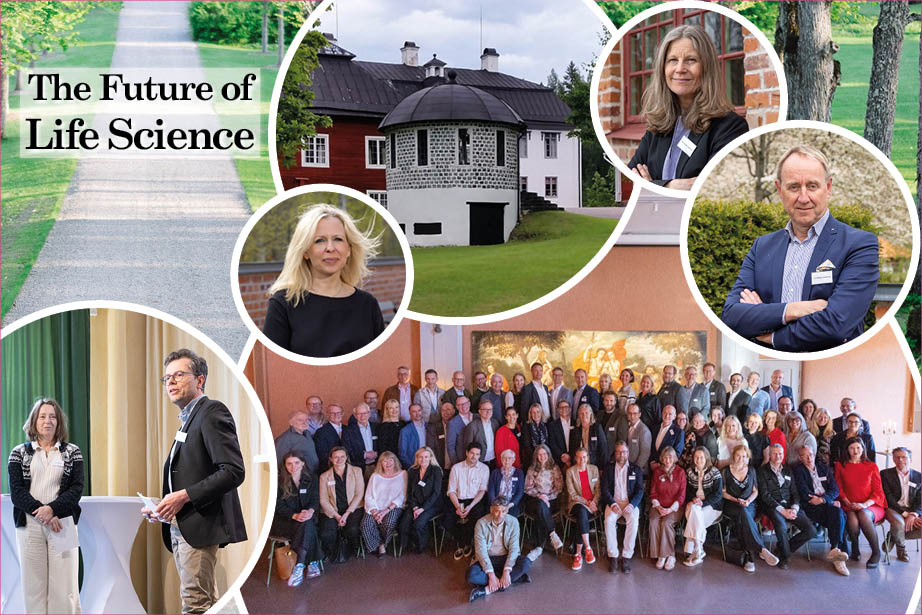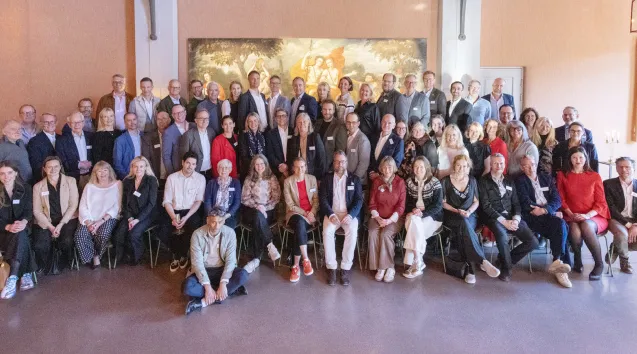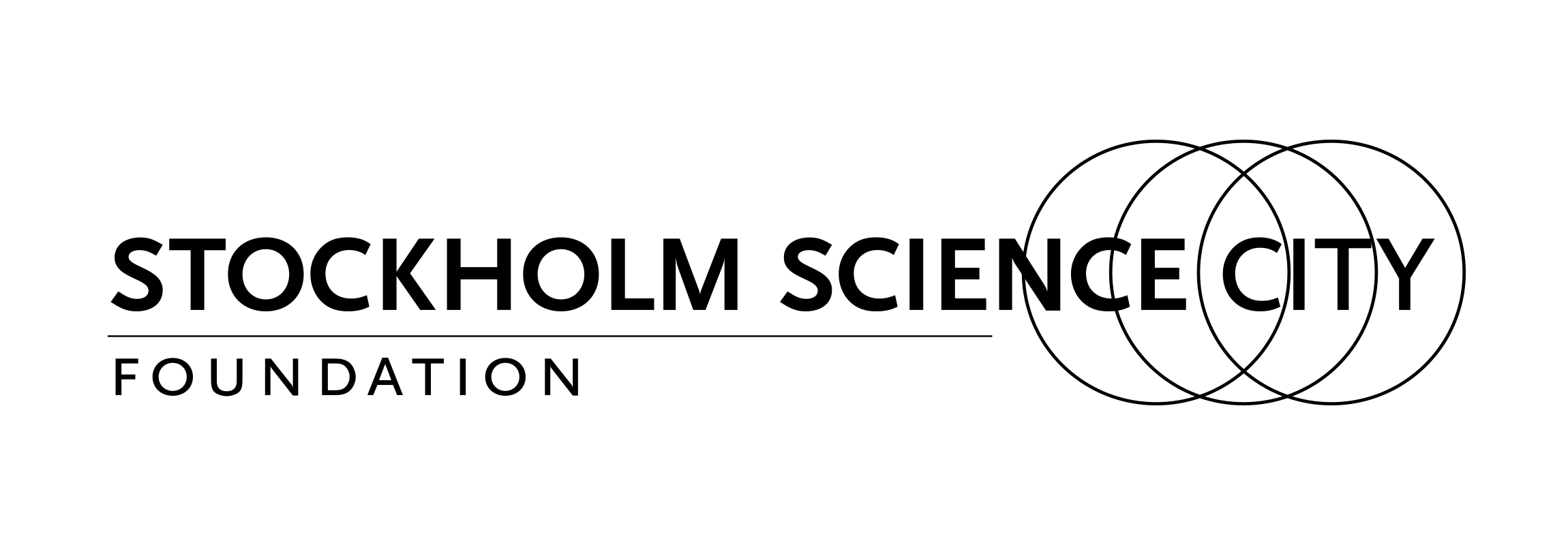Program 2026
The symposium will also examine the intersections between human and artificial intelligence – how they differ and overlap, how AI can support human capabilities, and how digital tools influence our brains and learning.
Throughout the symposium, discussions will highlight significant scientific developments and consider their wider implications for society, healthcare systems, and individuals.

Engelsberg Ironwork, May 7-8, 2026
Confirmed Speakers
- Sophie Scott, Professor and Director of the Institute for Cognitive Neuroscience at University College London.
- Christian Broberger, Professor of Neurochemistry at Stockholm University and Affiliated to Research Karolinska Institutet.
- Kristina Höök, professor in Interaction Design at KTH Royal Institute of Technology.
- Anna Falk, Professor, Team manager neural stem cells, Lund University & Manager at Lund University ATMP Center.
- Sten Linnarsson, Professor at Division of Molecular Neurobiology, Department of Medical Biochemistry and Biophysics, Karolinska Institutet.
- Maria Asplund, Professor, Electronics Material and Systems Laboratory, Microtechnology and Nanoscience Group, Chalmers University of Technology.
- Richard A. Andersen, James G. Boswell Professor of Neuroscience & Tianqiao and Chrissy Chen Brain-Machine Interface Center Leadership Chair at California Institute of Technology.
Moderator: Anya Sitaram, Founding Director at Rockhopper Media. Former BBC World News anchor.
Additional speakers will be added continuously. The program is currently under development. Please check back for updates.
Thursday May 7
9:30 Bus from central Stockholm to Engelsberg Ironworks
12:00 Lunch at Engelsberg Ironworks
13:00 – 17:00 Sessions, including presentations from leading experts and moderator-led panel discussions
19:00 Dinner
Friday May 8
Breakfast
8:30 – 12:00 Sessions, including presentations from leading experts and moderator-led panel discussions
12:00 Lunch at Engelsberg Ironworks
13:00 Bus to central Stockholm
Stockholm Science City Foundation organises the symposium in collaboration with Axel and Margaret Ax:son Johnson Foundation.

Practical information
The symposium takes place at the World Heritage Site of Engelsberg Ironworks.

Previous symposia
Here you find the reports and recordings from the previous symposiums.

The Future of Life Science
An annual symposium series where experts from diverse fields explore how breakthroughs in life science are shaping individuals, society, and healthcare — today and into the future.



